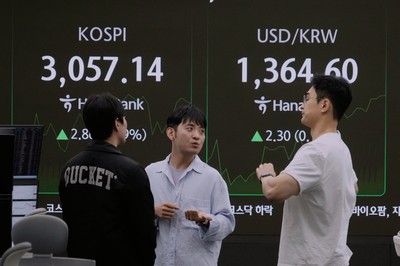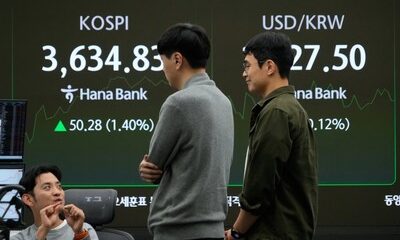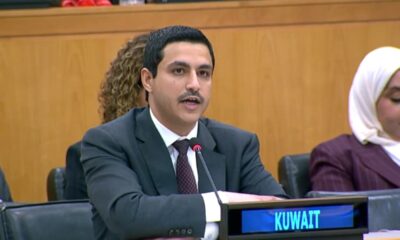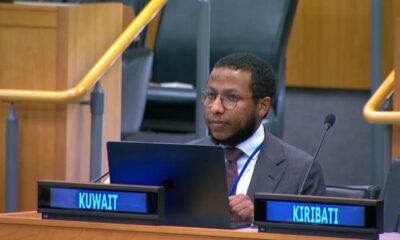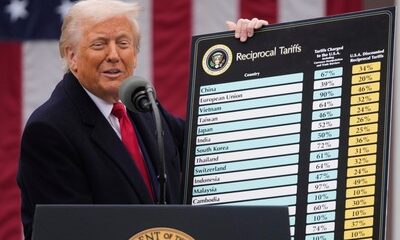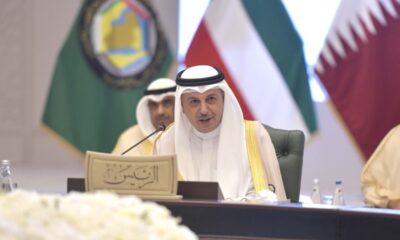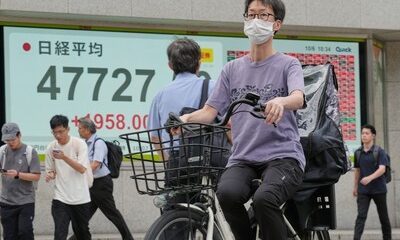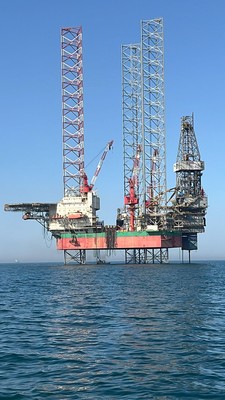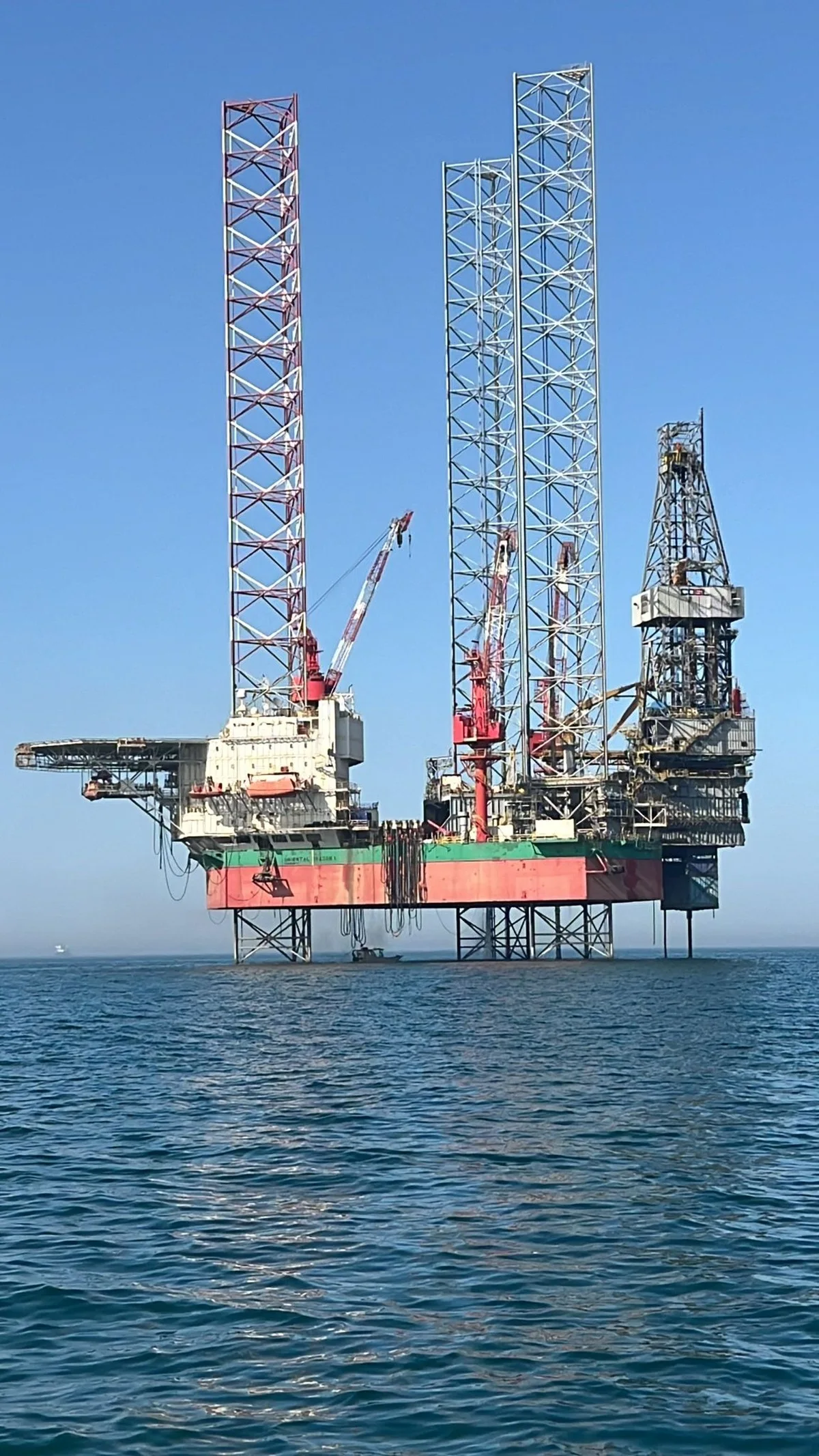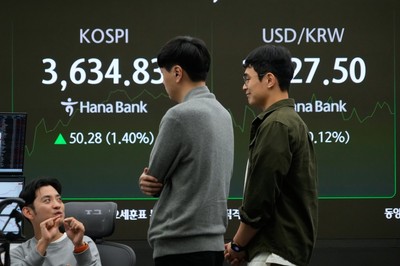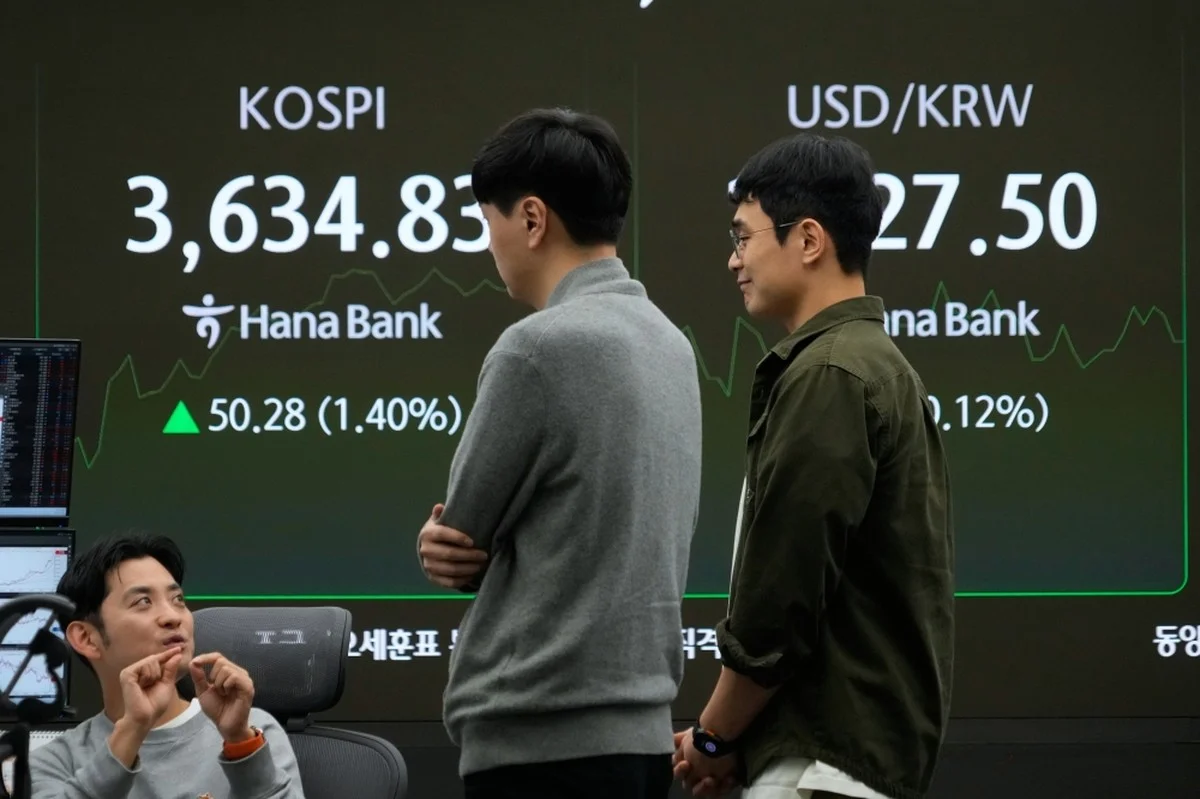KUWAIT CITY, Oct. 14: Kuwait Oil Company (KOC), a subsidiary of Kuwait Petroleum Corporation (KPC), announced a significant new natural gas discovery in the Jaza offshore field, marking a historic milestone for the country’s offshore energy sector. The discovery recorded the highest production rate from a vertical well in Kuwait’s history, drawing from the Minagish formation.
During a meeting at Bayan Palace on Monday, His Highness the Crown Prince Sheikh Sabah Khaled Al-Hamad Al-Sabah received Minister of Oil and KPC Chairman Dr. Tareq Sulaiman Al-Roumi, KPC CEO Sheikh Nawaf Saud Al-Nasser Al-Sabah, and KOC CEO Ahmad Jaber Al-Aidan. The delegation briefed His Highness the Amir Sheikh Meshal Al-Ahmad Al-Jaber Al-Sabah on the new offshore find, which underscores Kuwait’s expanding hydrocarbon resources and offshore exploration capabilities.
Initial tests from the Jaza-1 well demonstrated exceptional production exceeding 29 million standard cubic feet of gas per day and over 5,000 barrels of condensate daily. Notably low carbon dioxide levels characterize the reservoir and are free from hydrogen sulfide and associated water, distinguishing it as an environmentally and technically rare discovery that lowers processing costs and accelerates integration into Kuwait’s domestic energy network.
The preliminary field area spans approximately 40 square kilometers, with estimated reserves of about 1 trillion cubic feet of gas and over 120 million barrels of condensate, equivalent to roughly 350 million barrels of oil. These figures are subject to increase with further exploration of adjacent reservoirs.
Dr. Tareq Al-Roumi highlighted that the discovery represents a strategic milestone aligned with KPC and KOC’s Vision 2040 to enhance national energy security and increase production capacity. He noted ongoing efforts to expedite the development of this and other offshore fields, which are expected to drive economic growth and create employment opportunities for Kuwaiti nationals.
Sheikh Nawaf Saud Al-Nasser Al-Sabah expressed pride in the achievement, emphasizing the technical expertise and professionalism of Kuwaiti teams operating in unprecedented offshore territories. He also noted that these discoveries affirm the high environmental quality of Kuwait’s petroleum, reflecting the country’s commitment to a sustainable energy future with low emissions.
Ahmad Al-Aidan praised the dedication and innovation of KOC’s workforce, stating that these accomplishments result from teamwork and excellence, and reaffirmed the company’s commitment to advancing development and industry leadership.
The Jaza discovery builds on a series of recent offshore successes, including the Al-Nokhatha field, discovered in July 2024, and the Al-Julai’ah field, discovered in January 2025. Together, these findings demonstrate Kuwait’s growing offshore exploration capabilities as the country seeks to boost non-associated gas production and reduce dependence on LNG imports during the summer months.
Kuwait has been reopening its offshore frontier in recent years as part of a broader strategy to increase energy self-sufficiency and optimize crude exports. With current oil production capacity reaching 3.2 million barrels per day—the highest in over a decade—Kuwait is positioned to leverage these new gas discoveries to diversify fuel sources for power generation and petrochemical feedstocks.
KOC confirmed that the initial estimates for Jaza are preliminary and may rise with ongoing appraisal of nearby prospects, signaling promising potential for Kuwait’s offshore energy sector going forward.

 Politics21 hours ago
Politics21 hours ago
 Business21 hours ago
Business21 hours ago
 Politics20 hours ago
Politics20 hours ago
 Politics16 hours ago
Politics16 hours ago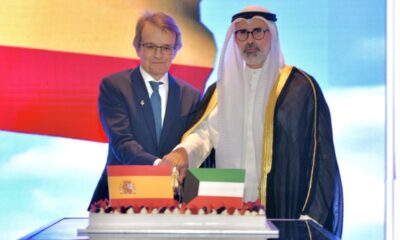
 Latest News13 hours ago
Latest News13 hours ago
 Latest News21 hours ago
Latest News21 hours ago
 Politics18 hours ago
Politics18 hours ago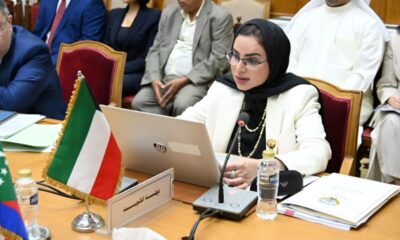
 Latest News18 hours ago
Latest News18 hours ago
